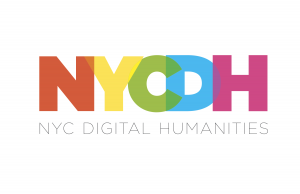Intro to Vector Tiles for Web: From QGIS to Mapbox
Vector tiles are a flexible, lightweight format for serving geographic data that can be quickly and dynamically styled and displayed by a client such as a web browser. This workshop will first explain briefly how they work. Then we will walk through how you can export geographic data from any number of common formats in [...]

